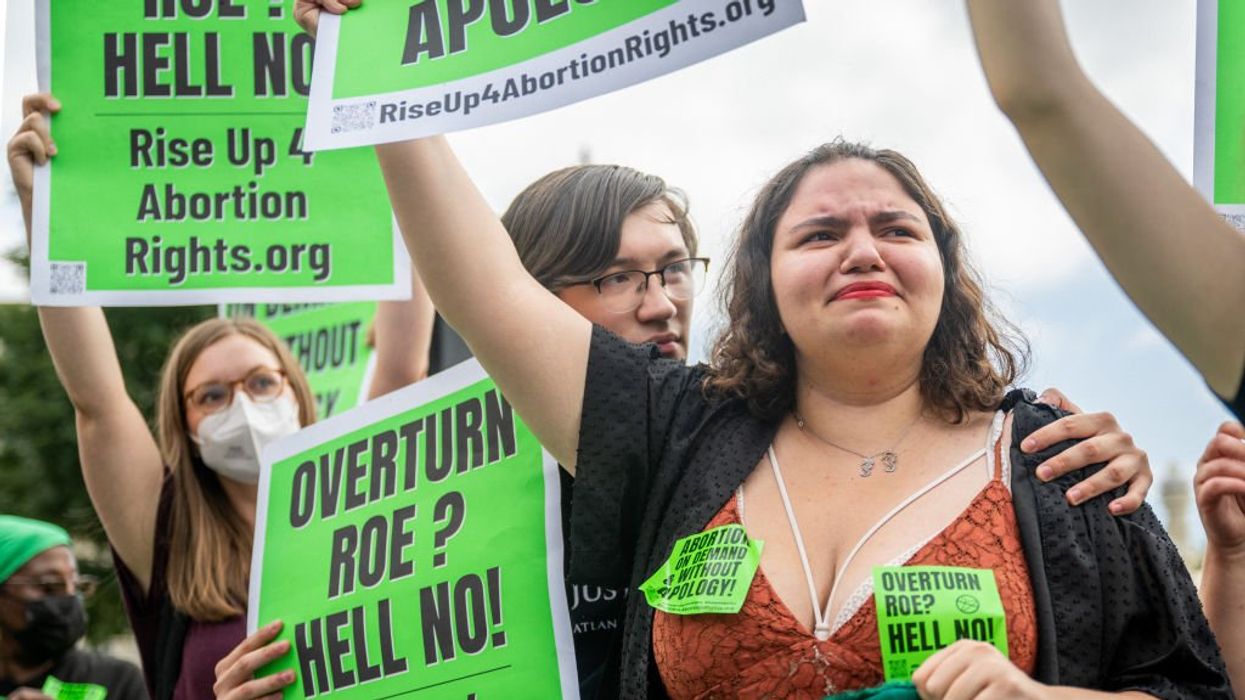
Photo by Brandon Bell/Getty Images

Since Roe v. Wade was overturned in June 2022, around 32,000 babies have been born that would have otherwise been aborted, according to a new study.
The New York Times reported that by comparing birth statistics in states before and after the Supreme Court banned abortions, researchers discovered that the overturning of the case caused around 32,000 annual births. The data is based on just the first six months of 2023 and was in line with initial expectations.
However, various studies have demonstrated that many women who live in states with an abortion ban still carry out abortions. These women will either travel to states where abortion is still legal, or they will purchase pills online, according to the report.
The Times noted the one data point that cannot be known for certain is how many women have not carried out abortions during that same time period.
The analysis, carried out by the Institute of Labor Economics, claimed that in the first six months of the year, between one-fourth and one-fifth of women who live in states with bans, who would otherwise have sought out an abortion, did not get one.
"Our primary analysis indicates that in the first six months of 2023, births rose by an average of 2.3 percent in states enforcing total abortion bans compared to a control group of states where abortion rights remained protected, amounting to approximately 32,000 additional annual births resulting from abortion bans," the study says.
Fox News Digital reported that the three researchers who carried out the study said the shift represented the "most profound transformation of the landscape of U.S. abortion access in 50 years," based on births data from the U.S. Centers for Disease Control.
The student continued: "As of November 1, 2023, 14 states are enforcing bans on abortion in nearly all circumstances, and 23 percent of U.S. women of reproductive age have experienced an increase in driving distance to the nearest abortion facility, from an average of 43 miles one-way before Dobbs to 330 miles at present."
Alison Gemmill, who is an assistant professor at the Johns Hopkins Bloomberg School of Public Health, shared with CNN that the new numbers should raise alarm about "reproductive harmony."
"We don’t always detect signals in these population aggregates because there’s a lot of variation when you group everybody together," Gemmill said.
"The fact that there is a signal at the population level means that something’s really going on."
Additionally, the three researchers who carried out the study said there is evidence to support the position that "diminished abortion access poses a risk to the health and financial stability of this vulnerable population."
The study claimed: "In 2020, approximately 1 in 5 pregnancies ended in abortion."
"At the time they seek abortions, 75 percent of patients are low-income, 59 percent have previously given birth, and 55 percent report a recent disruptive life event such as falling behind on the rent or losing a job."
Like Blaze News? Bypass the censors, sign up for our newsletters, and get stories like this direct to your inbox. Sign up here!